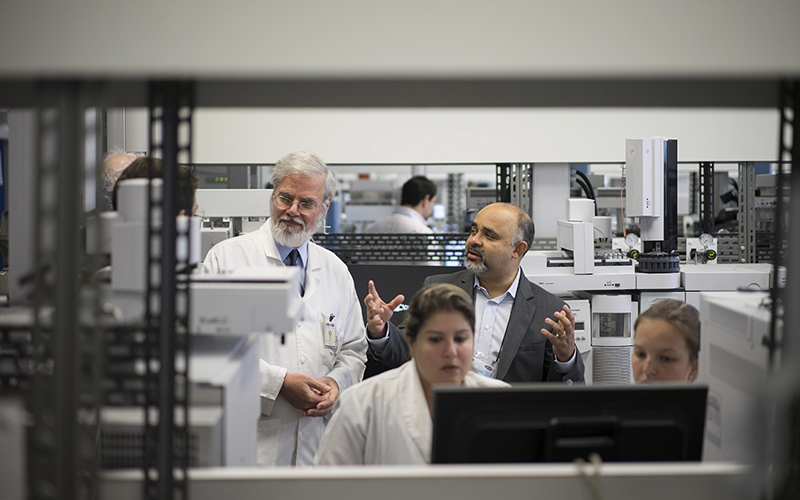RIO DE JANEIRO – A top International Olympic Committee official says it’s unclear if the suspended anti-doping laboratory for the Rio de Janeiro Olympics can be re-opened before the games start in just under six weeks.

“This is something that is doable,” Olympic Games Executive Director Christophe Dubi said Sunday. “But there are a number of steps that need to be taken.”
The World Anti-doping Agency announced Friday it had suspended the Rio lab. Dubi said the suspension was for “wrongly interpreting” test results and producing “false positives.”
READ MORE: Just weeks before Olympics, World Anti-Doping Agency shuts down Rio testing lab
Thousands of blood and urine tests will need to be shipped abroad if the lab remains closed, another major embarrassment to games organizers who have faced problems from the Zika virus, to budget cuts to slow ticket sales.
Officials of the lab said Friday they expected “operations to return to normal in July.” Brazil’s anti-doping authority, known as ABCD and run by the sports ministry, shared the same view.
Dubi said it was up to WADA to send in experts and restart the accreditation process. He did not offer a timeframe.
The Rio lab was recertified earlier this year after being put on a watch list last year by WADA.
Dubi said enough time remained to recertify the lab, though he hedged when asked if testing would be done in Brazil.
“Hopefully,” he replied.
READ MORE: FINA criticizes Rio Olympic organizers over ‘disrespect,’ substandard facilities
Dubi acknowledged shipping thousands of samples abroad was not ideal. This is the same way testing was done for Brazil’s 2014 World Cup.
“Of course it is not as easy as if you can do the testing here, because then you have the whole logistics around it,” Dubi said. “But that’s what the experts have to evaluate. What is essential is that at games time we can guarantee the integrity of the testing.”
The IAAF referred to a “systematic and deeply-rooted culture of doping” in Russia. Kenya, home of many of the world’s top distance runners, has also been hit by dozens of positive drug cases.
The IOC said last month that over 50 athletes had tested positive in reanalysis of their doping samples from the 2012 London Olympics and 2008 Beijing Games.



Comments